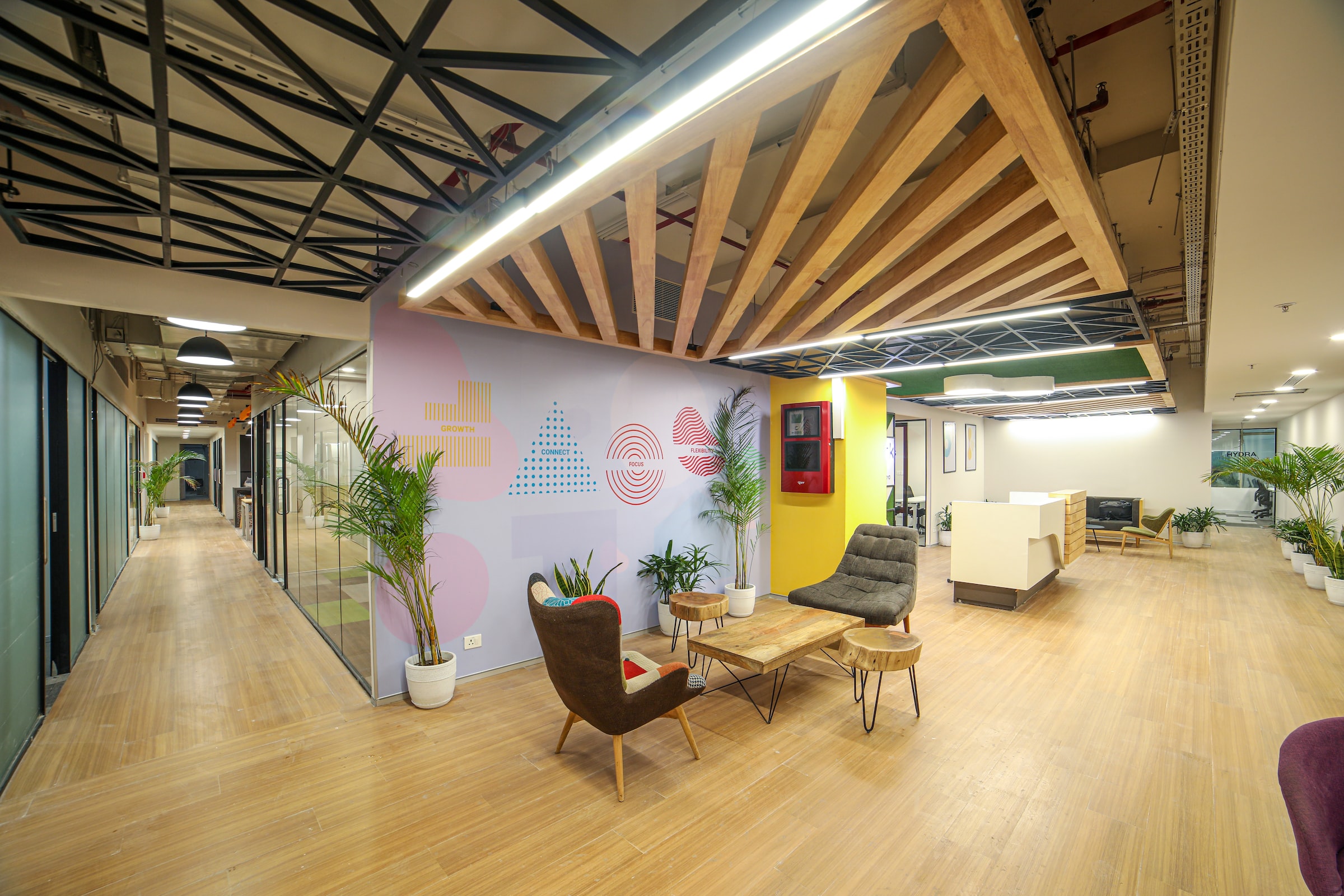Workplace culture is not something that one can create overnight. In this episode, Putri Realita and Sabine Ehm discuss the strategy used to build a healthy and inclusive workplace environment.
Our workplace culture expert guest
Putri Realita is the Global Diversity & Inclusion Lead at Danone. Putri began working in the company over 15 years ago. She began in the factory, as she has a degree in biotechnology. Her focus was on product development, manufacturing, and quality management. After 5 years, she moved into corporate affairs, switching focus to communications, government relations, and public affairs. After 10 years, she created the position she now holds.
Putri had the opportunity to shape this role from the ground up. In short, her role encompasses two things:
- Creating an equitable, collaborative and inclusive workplace culture. This is primarily done through leadership modeling. The goal is to build a sense of empowerment in each employee – all 100 thousand of them.
- Include each person across the entire supply chain. This includes employees, but also consumers, and the communities they build. Involving the needs of employees links to the future of work.
When she started this role, there was little awareness of these topics. Now, she is able to achieve these goals by bringing in leadership and champions within the organization. Additionally, she pays attention to the policies of the company. One example is their parental leave policy, which is gender-neutral. Furthermore, she works to make male-dominated fields more gender-equitable.
The comprehensive role of inclusive culture in the workplace
Listen to the following interview snippets to learn more about workplace culture, diversity & inclusion.
“Everybody is my stakeholder.” – Putri Realita
Putri’s role is unique in that it touches everyone. In this clip, Putri lists the people she works with. From the CEO to the marketing and operations team, to the ground-level factory workers. Global Diversity & Inclusion, or D&I, aims to make the workplace better for everyone. As you might imagine, the most challenging part of her work is implementation. The hardest thing to do is “make D&I embedded in the mindset of everyone in the company, and [understand] how it is reflected in the ways we’re working”.
Cultural diversity in the workplace of different countries
In the United States, the race is a major topic amongst inclusion and diversity. However, in other countries, other issues may reign supreme. In places such as Indonesia, Putri mentions that cultural factors such as religion are more prominent. For this, Putri works with employees in different countries to build their own, relevant roadmaps.
“Covid has given many companies lessons to learn. I think that companies need to think ahead of how the world is working now. It’s going to be like this more and more in the future.” – Putri Realita
The inclusive workplace must be flexible
The corporate real estate community is engrossed in the future of work. This concept mostly refers to catering to their employees in a way that hasn’t been done before. This means company policies must be flexible. And, flexibility means something different in each company. At Danone, Putri and her team see it as more than just creating collaborative offices. For starters, the office spaces they’ve built are now called ‘people hubs’. These can be as small as a few people gathering in a coworking space. The intention is to have staff members working wherever they will be the most comfortable and productive.
In this clip, Putri also speaks of the parental policy at Danone. The main focus of this policy is of course on parents. But is also inclusive of those with other responsibilities. Siblings, parents, and other commitments are viewed as just as important.
Conclusion for inclusive culture in the workplace
Creating a healthy and inclusive workplace culture is not an easy task. Understanding the wants and needs of every individual at a large company is a challenge Putri takes in stride. She accomplishes this by taking the time to understand the cultural needs of each community, team, or office. This encompasses more than the real estate itself. Putri pays close attention to company policies to make sure they’re as inclusive as possible. In this episode, she speaks often of the parental policy. It is gender-neutral, and not even limited to those with parents. Putri’s role may be a new one, but it will be increasingly important.
Listen to this (episode No. 20) and other podcast episodes.
Want to get real insights of your employee needs to create the ideal future workplace?

 3’
3’




